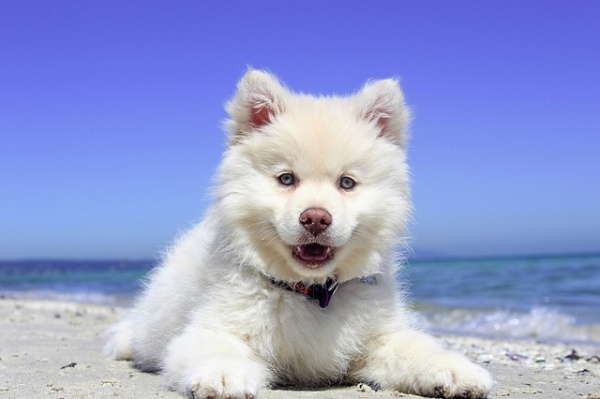Have you ever taken a deeper look inside your dog’s personality? Or wondered why your Labrador likes to bound straight into the cold lake, whereas your friend’s Boston Terrier looks tentatively at the water before dipping a paw in?
Could these characteristics be breed specific, or does their unique personality play a role? One might say the first dog shows signs of being outgoing, where the second is more reserved and tentative.
Introverts vs. extroverts
These traits speak directly to a very common label in humans – introverts versus extroverts. On the most basic scale, introverts are quieter while extroverts prefer larger than life scenarios.
When you look a little deeper, you will see that introverts are in tune to deep conversations and inward development and can find small social interactions to be big stresses. Extroverts experience joy and satisfaction from outward feedback and all kinds of human interaction.
But, how does this play into your dog’s personality? Can dogs exhibit similar emotional states? I think yes, and finding out if your dog is one or the other can play a big role in how to interact and bond with them.
The extroverted dog
For this dog, each new day is a high-octane adventure, every interaction an exciting new experience to wag his tail about. Taming down this over-the-top dog can mean some extra training in manners when greeting strangers.
To bond with your high-energy dog, trips to the park to let off steam and meet new friends are essential, while leash walks can teach restraint and bonding with their favorite human – you.
Plus, if you are the introverted human that has chosen your canine companion to be a bit more outgoing than you, they can help you start up new conversations with other dog owners. Plus, at the end of a long day, all an extroverted dog will want to do is snuggle up nice and close on the couch with you.
Read also – 7 Ways to Help Your Kitten and Puppy Get Along
The introverted dog
Greeting new people can be scary and a house full of party guests sends them into the bedroom to hide under the covers. Before you label your dog as introverted, make sure that fearfulness is first addressed if you have a rescue dog or a pup who had a bad experience with something.
These dogs may love to have a big yard to themselves to run around in. Think of a snuffle mat for indoor play, or a good game of hide and seek to work those senses. You may not get the cuddles and affection you want right away, but hard work with this dog means a lifelong companion.
Read also – 6 Tips for Calming Your Dog during Thunderstorms
So, what do you think – do dogs display introvert or extrovert tendencies? What personality type do you think your dog has? Do you choose to play in specific ways that suit your dog’s mood?

